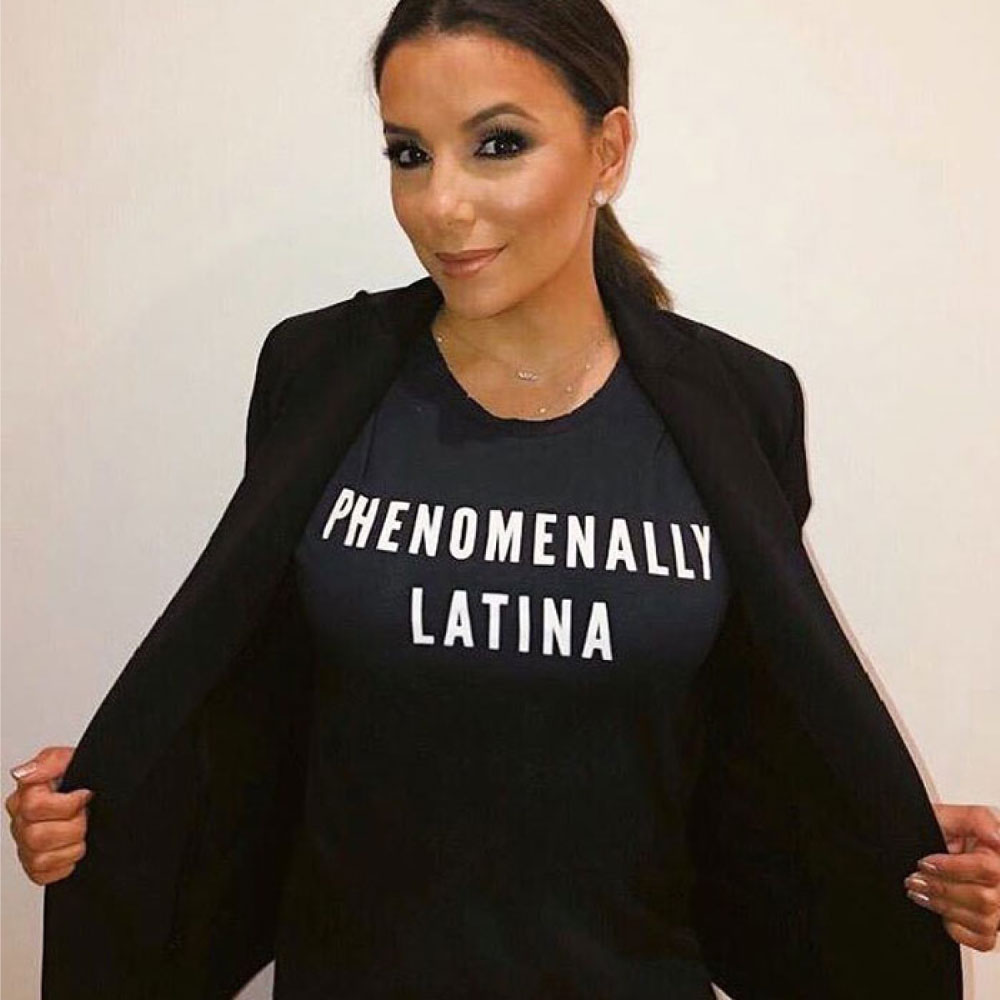
Last Week, Eva Longoria was being interviewed on MSNBC about the significant role that Latinos played in the presidential election. When the interviewer asked about Black women, Eva said “of course we saw what Black women did in Georgia, but Latina women were the real heroines”. Social media was swift to criticize her for “diminishing the impact of Black women”. The condemnation was harsh, but what struck me was how much of the rancor came from other Latinos. I watched the video several times, and I definitely did not hear what so many others apparently heard. Eva didn’t say anything disparaging about anyone. Is it really so offensive that the founder of the Latino Victory PAC, believed that Latinas were they “true heroines” of the election? I’ve seen plenty of people on television credit the election to Blacks, suburban White women and even young Asians without anyone getting offended, but somehow in the eyes of millions, including many Latino advocates, Eva had committed a mortal sin. A couple of days after the interview, Eva was asked back to MSNBC where she was essentially forced to beg for forgiveness to a nationally televised audience. The whole situation kind of made me a little sick.
I think Latinos need to adopt a new principle to avoid being publicly critical of other Latinos – except for the most egregious acts. Instead of indulging herself in the hedonistic trappings of fame, Eva Longoria has dedicated her time and money to the advancement of a slew of Latino causes. We all know where her heart is, and rather than participating in criticism, Latinos should have rallied around her with love and support by pointing out all the good she has done – and encouraging everyone to give her the much deserved, benefit of the doubt.
There is more at stake here than just Eva Longoria’s reputation. We all know that the current American narrative about Latinos sucks. We ask, why are Latinos consistently portrayed negatively in the media? Where are the positive stories? Now, we should all pause and ask ourselves, after what happened to Eva, how quickly is the next person going to speak up and stick their neck out?… Sorry, but the self-righteous condemnation of Eva Longoria by other Latinos was just incredibly stupid and frankly set us back, yet again. As Latino advocates, we still have a lot to learn. I for one, am willing to take the heat for unabashedly standing up for other Latinos. If I am wrong, so be it … but I would rather be wrong in favor of Latinos than the other way around. I hope more of us begin to adopt that attitude. Perhaps, “Thou Shall Not Publicly Criticize Other Latinos” should be the eleventh tenant of the NAHREP 10
Politicians on both sides have overreached—ICE raids and the war on DEI have gone too far, and history tells us there will be a rebound. In this episode, I explain why attacks on Latinos may end up uniting us more than ever before, and why the backlash could be a turning point for our community.
This September, ProXimo takes over AVANCE Global in San Diego for four days of high-level networking, deal-making, and inspiration. From groundbreaking startups to powerhouse investors, it’s the ultimate marketplace for Latino economic mobility. This year also debuts ProXimo Next, a first-of-its-kind track for the adult children of attendees, designed to build lifelong friendships and business partnerships.
When Auburn coach Bruce Pearl calls President Obama “divisive,” it’s more than just partisan rhetoric—it’s a flawed comparison that ignores context and nuance. In this episode, I break down why Obama’s leadership as the first Black president, fighting for fairness and equality, is nothing like coaching a basketball team—and why Latino leaders must reject oversimplified narratives. The takeaway: we can teach grit and resilience while also standing up for justice.
